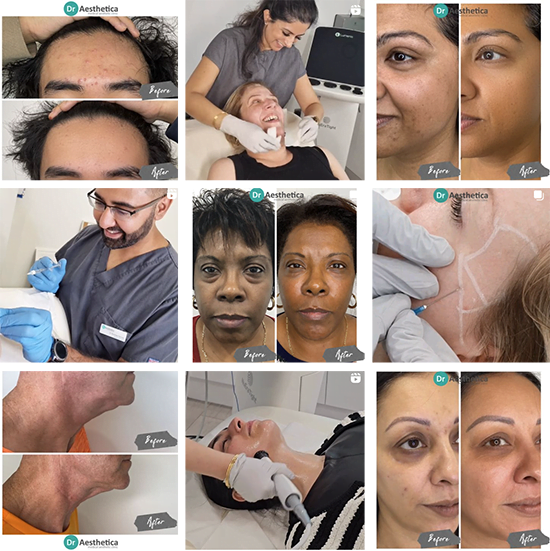In our previous post, we covered sleep bruxism(a condition that causes one to grind their teeth and clench their jaws while asleep). A lot of people often wake up complaining of unexplainable sore jaw muscles and tension headaches.
In some instances, these symptoms can be attributed to sleep bruxism, but it’s not easily diagnosable since it occurs at night.
On the other hand, daytime teeth grinding, also known as awake bruxism, is easier to identify.
If you frequently find yourself clenching your jaw or grinding your teeth, you may be suffering from awake bruxism.
The main contributing factor to daytime teeth grinding is stress, tension, or anxiety. Many people will clench their jaws and grind their teeth as a coping mechanism for a high-stress situation.
If then significant stress levels are constant in their lives, it may lead to chronic teeth grinding. Frequent teeth grinding destroys the enamel on the tooth’s surface and, in extreme cases, leads to root exposure and increased tooth sensitivity.
Also, patients who grind their teeth often suffer from jaw aches and headaches during the day.
There is evidence that daytime teeth grinding can get worse due to excessive alcohol or caffeine. So if you already have a history of awake bruxism, that extra glass of wine or mug of coffee might be making your teeth grinding worse.
Recreational drugs also significantly increase the risk of bruxism by initiating motor disorders.
Misaligned or crooked teeth can also cause daytime teeth grinding.
How To Minimise Teeth Grinding During the Daytime
Relax & Manage Stress
More than two-thirds of people who clench their jaws or grind their teeth do so due to stress or anxiety. This makes stress reduction techniques vital in tackling chronic teeth grinding and ensuring overall health as well. Some popular stress reduction strategies include:
Exercise- has also been known to minimise stress by helping produce feel-good endorphins. However, those who are new to exercise should take it slow at first and try to incorporate exercise into their daily activities gradually. A doctor may also be able to recommend the best exercise suited for you.
Talk therapy-we all have gone through stressful situations in our lives. However, sometimes there are periods of emotional distress that may be more than we can handle alone. In such circumstances, talk therapy may help alleviate depression, stress, and anxiety.
Talk therapy comes in different forms, from talking with a trusted friend about what is going on to seeing a professional therapist or psychologist.
Regardless of what avenue you choose to go, finding someone to talk to has been shown to help people better manage stressful situations.

Botox for teeth grinding
Surprisingly many people who suffer from awake bruxism are not aware that Botox is an effective treatment for patients who grind their teeth or clench their jaws during the daytime.
This is the bruxism treatment option we offer here at Dr Aesthetica, whereby we inject small amounts of botox directly into the masseter(facial jaw muscles).
This will limit the mobility of the muscles and significantly reduce teeth grinding and alleviate its symptoms. Botox is considered a low-risk procedure with adverse side effects that are rare.
Orthodontic treatment
If your upper and lower teeth do not mesh together easily, the resulting discrepancy may promote teeth grinding. To rectify this, there are several treatment options. Reductive coronoplasty is a procedure carried out at the dentist’s office that reduces the teeth' height and shapes so as to level the teeth biting surface.
In contrast, additive coronoplasty involves building up areas on the teeth to achieve the ideal biting surface. Both procedures work to accomplish the same goal—eliminate teeth grinding caused by crooked, misaligned, or crowded teeth.
You can also talk to your dentist or orthodontist about whether braces or clear aligners may alleviate problems with bruxism.
Lifestyle changes
There are several lifestyle changes you can employ to reduce the frequency of daytime teeth grinding and alleviate its symptoms.
- Since caffeine and alcohol consumption is linked to teeth grinding, consider limiting or avoiding caffeine and alcohol altogether to reduce bruxism.
- Avoid chewing on anything that is not food, such as pencils, as they allow your jaw muscles to get more used to clenching and make you more likely to grind your teeth.
Final Thoughts
Daytime teeth grinding is a common condition with many possible causes. That being said, it’s not impossible to put an end to it, alleviate pain, preserve your teeth, and keep you smiling with confidence. Talk to us today!


